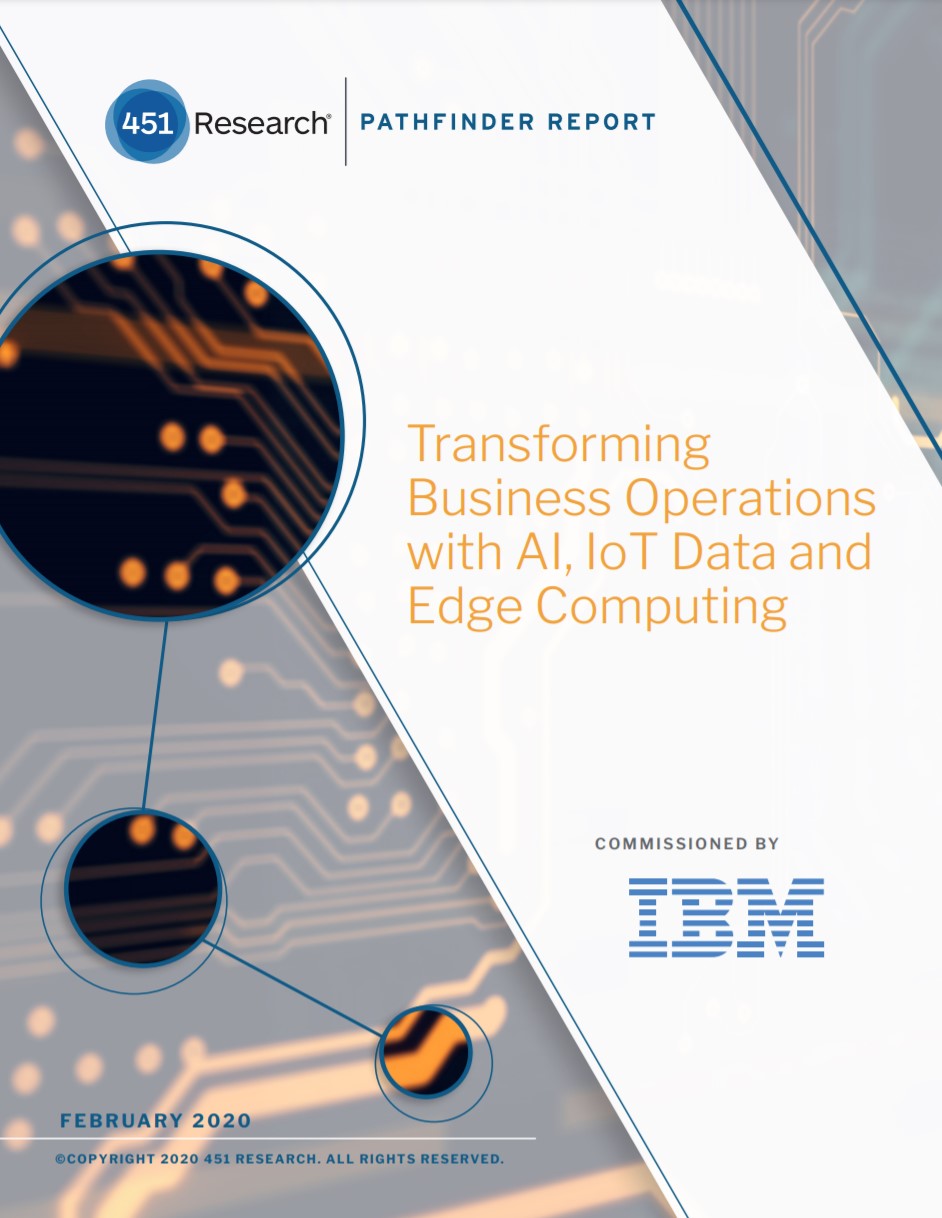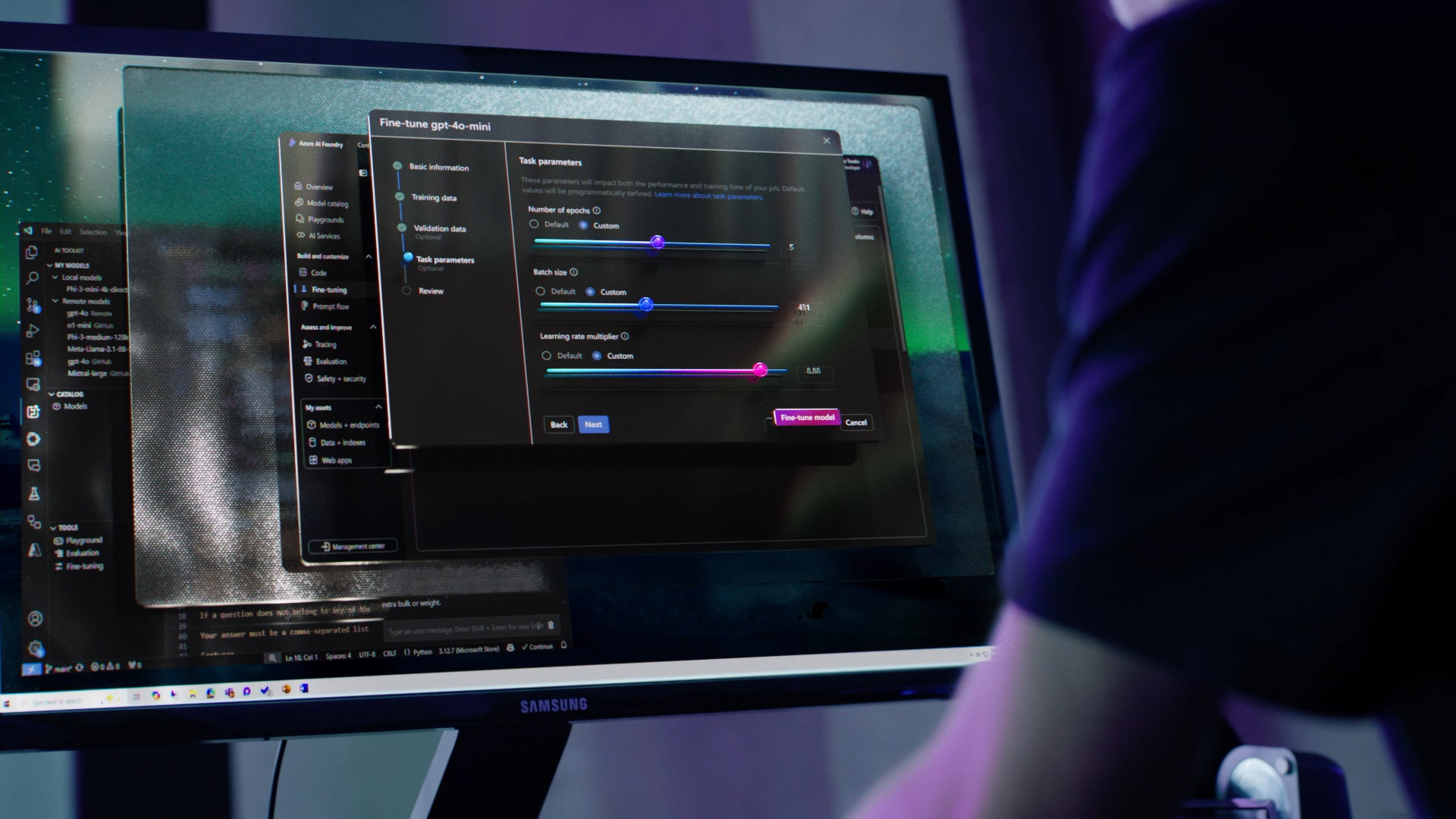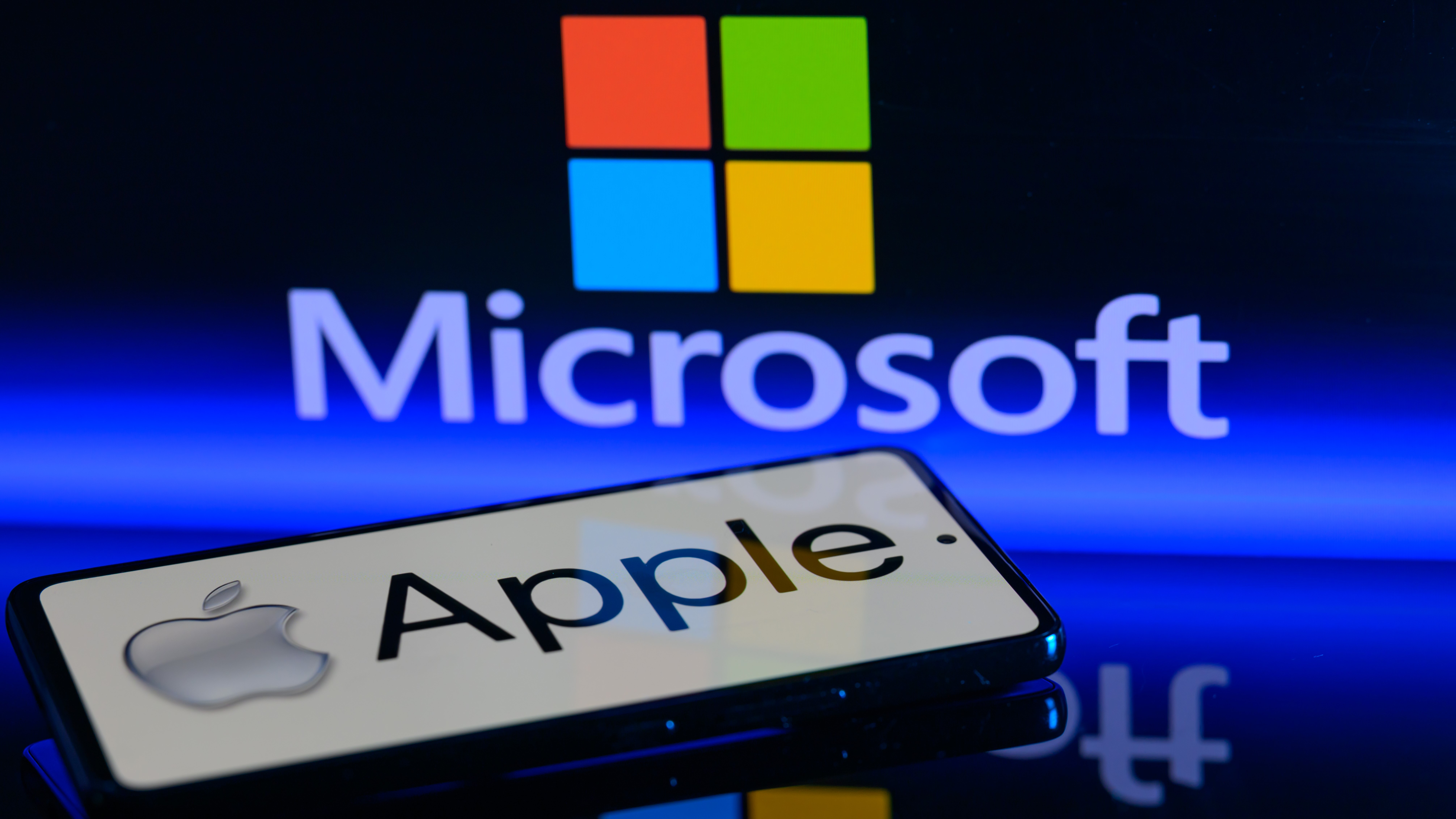NSW Police Force is using AI to analyse CCTV footage
The Australian police force expects to migrate its Insights AI/ML platform to Microsoft's Azure cloud


The New South Wales (NSW) Police Force is using artificial intelligence (AI) and machine learning to speed up investigations by automating manual tasks.
The force's AI-infused platform, called Insights, gives police access to a wide array of critical information and automates many tasks such as transcribing recordings of audio interviews or poring through petabytes of CCTV footage.
A 20-minute recording of a statement can take a police officer two to three hours to manually transcribe, but through the Insights platform, this is now completed in seconds or minutes, according to Gordon Dunsford, CITO and executive director of digital technology and innovation at the police force.
In one investigation, NSW Police collected 14,000 pieces of CCTV footage that would have previously taken detectives months to analyse. With the AI/ML technology, the platform ingested all the CCTV for the analysis in around five hours.
Insights is currently hosted internally but is expected to migrate to the cloud soon. NSW Police is using a containerisation strategy to parcel up data that needs to be interpreted rapidly and sends it to Azure for processing. Dunsford said Microsoft Azure's security credentials are highly valued by NSW Police, helping it to de-risk its modernisation program.
Microsoft and NSW Police claim the system has been designed with ethics front and centre, and in consultation with privacy experts with a particular focus on avoiding bias. In June 2020, Microsoft confirmed it would not sell or deploy facial recognition to police services, and stated that the Insights platform aligned with that commitment and brings significant value to the NSW Police in their pursuit of justice.
RELATED RESOURCE

Transforming business operations with AI, IoT data, and edge computing
A Pathfinder report on the ROI of AI, IoT, and edge computing
NSW has the largest police force in Australia, with over 22,000 members. Since 2017/18 it has been pursuing a new Digital IT Strategy, with one of the landmark programmes being the Integrated Policing Operating System (IPOS), a modern cloud-based platform replacing the force's 27-year-old central database. The NSW Police is working with Microsoft Consulting Services on the build of the IPOS application with Protected level security in the Microsoft Azure cloud.
Get the ITPro daily newsletter
Sign up today and you will receive a free copy of our Future Focus 2025 report - the leading guidance on AI, cybersecurity and other IT challenges as per 700+ senior executives
Following a fortnight of Black Lives Matter protests, IBM decided to "sunset" its general-purpose facial recognition and analysis software over ethical concerns last June. The cloud giant declared it would no longer distribute these systems for fear it could be used for purposes that go against the company's principles of trust and transparency.
Microsoft followed in the footsteps of IBM and Amazon and declared it would not sell facial recognition technology to police departments in the US until a national law was in place that could govern the technology.
Zach Marzouk is a former ITPro, CloudPro, and ChannelPro staff writer, covering topics like security, privacy, worker rights, and startups, primarily in the Asia Pacific and the US regions. Zach joined ITPro in 2017 where he was introduced to the world of B2B technology as a junior staff writer, before he returned to Argentina in 2018, working in communications and as a copywriter. In 2021, he made his way back to ITPro as a staff writer during the pandemic, before joining the world of freelance in 2022.
-
 Westcon-Comstor and Vectra AI launch brace of new channel initiatives
Westcon-Comstor and Vectra AI launch brace of new channel initiativesNews Westcon-Comstor and Vectra AI have announced the launch of two new channel growth initiatives focused on the managed security service provider (MSSP) space and AWS Marketplace.
By Daniel Todd Published
-
 Third time lucky? Microsoft finally begins roll-out of controversial Recall feature
Third time lucky? Microsoft finally begins roll-out of controversial Recall featureNews The Windows Recall feature has been plagued by setbacks and backlash from security professionals
By Emma Woollacott Published
-
 Microsoft sharpens agentic AI focus with new ‘CoreAI’ division
Microsoft sharpens agentic AI focus with new ‘CoreAI’ divisionThe new department will bring together teams from across engineering and AI
By George Fitzmaurice Published
-
 Microsoft unveils Azure AI Foundry to help businesses consolidate AI across their tech stack
Microsoft unveils Azure AI Foundry to help businesses consolidate AI across their tech stackNews The new AI application creation and management platform will integrate Azure AI Studio, and plug into popular IDEs such as Visual Studio to help developers and IT professionals drive AI adoption
By Solomon Klappholz Published
-
 Hyperscaler AI spending is getting out of control — and Microsoft says it could take 15 years for it to make good on investments
Hyperscaler AI spending is getting out of control — and Microsoft says it could take 15 years for it to make good on investmentsNews Tech giants' results show billions being poured into AI infrastructure, but big leaps in revenue remain elusive
By Nicole Kobie Published
-
 Microsoft’s Mistral AI partnership has EU regulators concerned - here’s why
Microsoft’s Mistral AI partnership has EU regulators concerned - here’s whyNews Microsoft has found its European champion in Mistral AI, but regulators worry the deal raises questions over the scope of control and influence the tech giant will have over the French startup
By George Fitzmaurice Published
-
 Generative AI has been the secret sauce for Microsoft as its market cap surpasses Apple
Generative AI has been the secret sauce for Microsoft as its market cap surpasses AppleAnalysis Microsoft has ramped up generative AI investment over the last year and its surging share price has been a reflection of its sharpened focus on the emerging technology
By George Fitzmaurice Published
-
 OpenAI could fast become a money pit for investors
OpenAI could fast become a money pit for investorsAnalysis OpenAI will soon have to compete on a more level footing with others in the space, after its year-long head start
By Rory Bathgate Published
-
 Microsoft’s latest AI move will see it open up Azure AI Infrastructure for startups training LLMs
Microsoft’s latest AI move will see it open up Azure AI Infrastructure for startups training LLMsAnalysis Opening up Azure AI Infrastructure will lower industry entry barriers for high-growth startups
By Ross Kelly Published
-
 Big tech quarterly earnings buoyed by generative AI interest
Big tech quarterly earnings buoyed by generative AI interestNews Surging interest in generative AI appears to be underpinning recent earnings results
By Solomon Klappholz Published